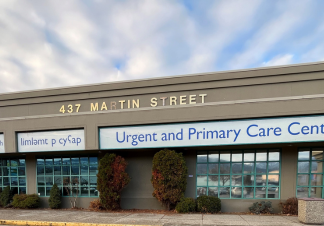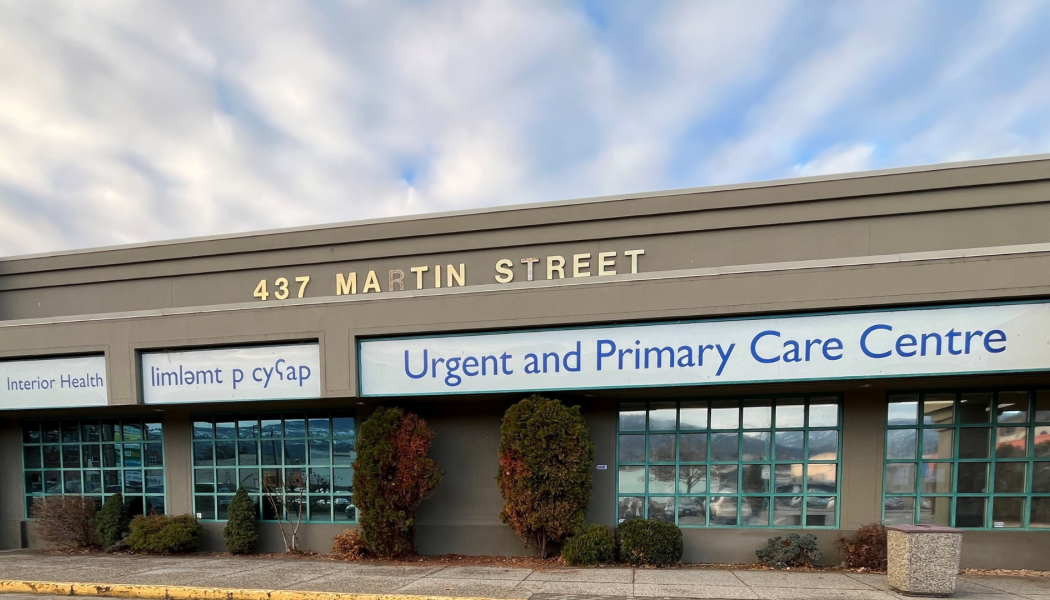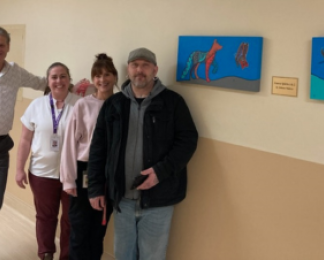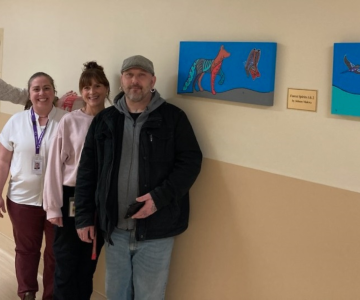When Erin’s teenage son Sam hurt his wrist at the skatepark, it didn’t seem that serious at first. However, by the evening his wrist was very swollen and painful. Erin started second-guessing her initial assessment and felt they should have her son’s injury checked.
When a family doctor or walk-in clinic isn’t available, or if it’s after hours or the weekend, we often turn to hospital emergency departments for help.
But instead of going to the local emergency department that night, however, Erin took her son to the Penticton Urgent and Primary Care Centre (UPCC). The primary care team’s physician provided a requisition for an X-ray to be done at the hospital, and the team’s physiotherapist wrapped Sam’s wrist and provided a sling.
“It all turned out well. It wasn’t broken or fractured,” says Erin. “And it was a relief to get into the clinic that evening and have someone look at Sam’s wrist quickly.”















